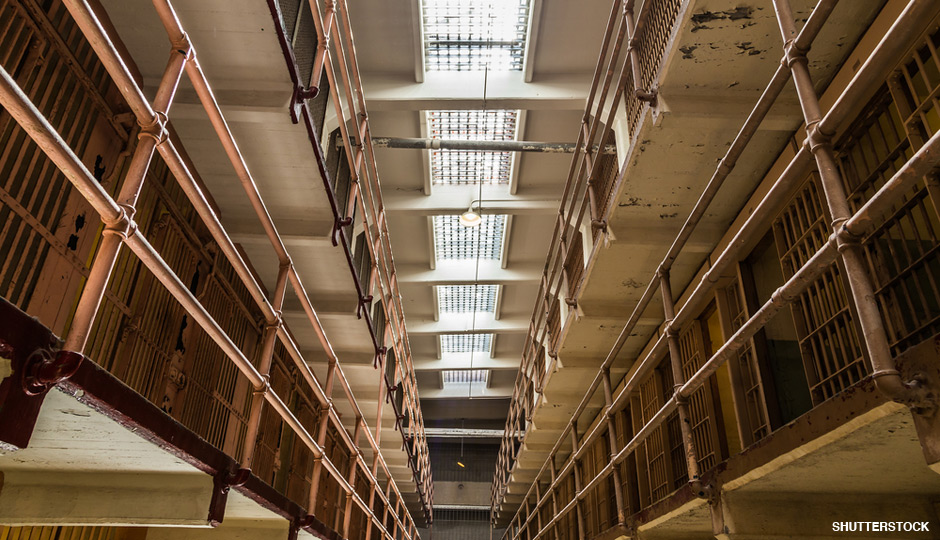Penn Profs: Bring Back Mental Asylums

The mental asylum of 2015. Photo: Shutterstock.com
A group of bioethicists at the University of Pennsylvania have taken a bold stand in a paper published this week in the Journal of the American Medical Association: They say the United States should bring back mental asylums.
Dominic Sisti, director the university’s Scattergood Program for the Applied Ethics of Behavioral Healthcare, along with co-authors Ezekiel Emanuel and Andrea Segal, write that there are a whopping 10 million Americans today with serious mental illness. But there are only 45,000 inpatient psychiatric beds in the country. Today’s per-capita bed count is about what it was in 1850 — 1850! — according to the paper.
How did this happen? Lots of good intentions. Following appalling reports of abuse at public psychiatric institutions across the country, civil libertarians and fiscal conservatives joined forces in the 1960s and 1970s to shut them down.
But the co-authors say that what was sold by reformers as “deinstitutionalization” has turned out to really just be “transinstitutionalization.”
“As state hospitals were closed, patients with chronic psychiatric diseases were moved to nursing homes or to general hospitals where they received episodic psychiatric treatment at significantly higher costs. Others became homeless,” the co-authors write. “Most disturbingly, U.S. jails and prisons have become the nation’s largest mental health care facilities.”
Sisti and his co-authors say the return of psychiatric asylums — “safe, modern and humane” asylums, that is — would be no panacea. But it would save a significant number of very sick people, they write, from “cycling between the streets, emergency departments and prisons.”
Follow @HollyOtterbein on Twitter.


